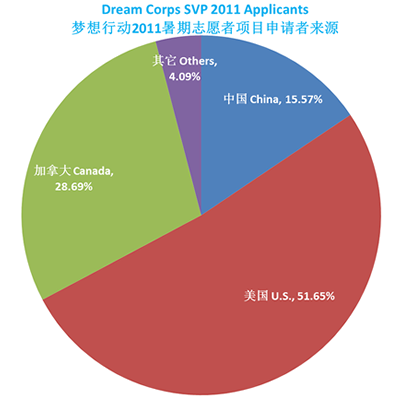(continued)
Approach
Accordingly, our Approach to open school libraries was not one of dumping more books on schools. The universal pattern of closed rural school libraries—or what we may call “book dungeons”—was more than forbidding. It pointed to the systemic reasons behind it, which ultimately had to do with an under-resourced education system preponderantly geared towards exams. If libraries are to open, there must be people to open it. If books are to become resources, they must not remain on the shelves of a room with an open door; they must instead be taken down, opened up, and read. So, if we really want to open up libraries, we have to promote reading. We decided we must send volunteers along books. An organic combination of book and human resources, so to speak, for a sustained dynamic of self-motivated reading in and around an open library. That’s what we decided to do.
Return
A critical ingredient of this approach is that we return every year. We didn’t think that having the room cleaned up, walls and windows painted, books dusted off and cataloged, which we always do, would turn a book dungeon into an open library. Without the open library becoming a normal part of school life, all that we may end up having is a prettier and temporarily cleaner book dungeon. So we return. By returning, we steer ourselves away from one-off donation of “book resources”, which, in this context, is almost surely a recipe for crowdedness in the book dungeons. More positively and more importantly, by returning, we commit ourselves; we accept that the success or failure of a library is not just their success or failure, it is as much ours. By returning, we get to face what we had done wrong, to accept our fair share of blame for failing to achieve what we advertise and advocate. To return is to not only bring more help, but also hold ourselves accountable, so that we may participate more authentically.
Life cycle
But we do not and cannot return every year forever. We did not want the open libraries to become permanently dependent on us. We instead strive for open libraries sustained on the initiative of the local schools and communities they serve. It is how to achieve this, in the concrete reality of the sites where we work, that we are still figuring out. But we remain committed to this ideal.
That, roughly, was the approach we adopted for Dream Corps in the fall of 2004, when our passion-powered action consolidated into compassionate participation. It still is the basic approach today.
Numbers
How have we been doing over the past 6 years, then? Let’s do the numbers: We operated in 12 provinces and helped to open up 22 libraries. We raised $70,000 and pretty much used up all of it.
Working at 22 libraries over 6 years does not sound like a big deal. Neither is raising $70,000 in 6 years something to brag about. What we are proud of is what we have done with such limited financial resources.
We have sent 170 volunteers from about a dozen countries, who contributed 30,000 hours of onsite volunteer work. And all of this was organized through 100% volunteer work: we never had an employee, part time or full time.
6 years is not too long, but it is often much longer than the full life cycle of a nonprofit. However, with whatever limited financial resources we have had over these years, we perseverated. Not only that, we have firmly established a healthy organization; we have retained our idealistic edge; we have earned the trust of many wonderful young volunteers and local partners; and we are getting better at our work.
Lessons learned
Along the way we’ve also made many mistakes and wrong assumptions. Some examples:
Lesson #1: we thought there were books in the book dungeons, therefore our primary task is opening up the libraries and liberating the books. Wrong! The books tend to be old—many predating 1980—in bad condition, and with many duplicates. What mattered to the schools about their libraries had been the number of book copies in them.
Lesson # 2: we then wanted to get as many books as we can with the limited amount of funding we have. Wrong! The deeply discounted books we thus acquired, through a third-party, were new and flashy, but students did not want to read them. If we want to redress inequality in education, why not send quality books?
Lesson #3: we wanted to work with students directly, only to find out that we are competing with teachers for attention and affection.
Lesson #4: we thought our teaching English on the side could help, but sometimes we get shut out of the classroom.
Lesson #5: we thought returning to the same schools is always welcome, but the local education authority wants us to move on to different ones.
And so on.
Experience Gained
Through mistakes and trial-and-error, we have also come to be better at what we do:
(1) starting in 2005, we began to do systematic volunteer recruitment, and by 2008 we have figured out a fairly stable and effective recruitment scheme;
(2) starting in 2005, we began to do organized training of volunteers, which over the years have become better and better;
(3) starting in 2007, we began to encourage Dream Corps university chapters, which have since given us an invaluable “fan base” in Canadian and US universities;
(4) with organizers now scattered all around the world, we were forced to learn how to organize ourselves effectively using all sorts of new technologies;
(5) we have also learned how not to see the schools as single entities, but how to work differently but complementarily with school administration, the teachers, and the students.
And so on and so forth.
(to be continued)
Type rest of the post here
Subscribe to:
Post Comments (Atom)




0 comments:
Post a Comment